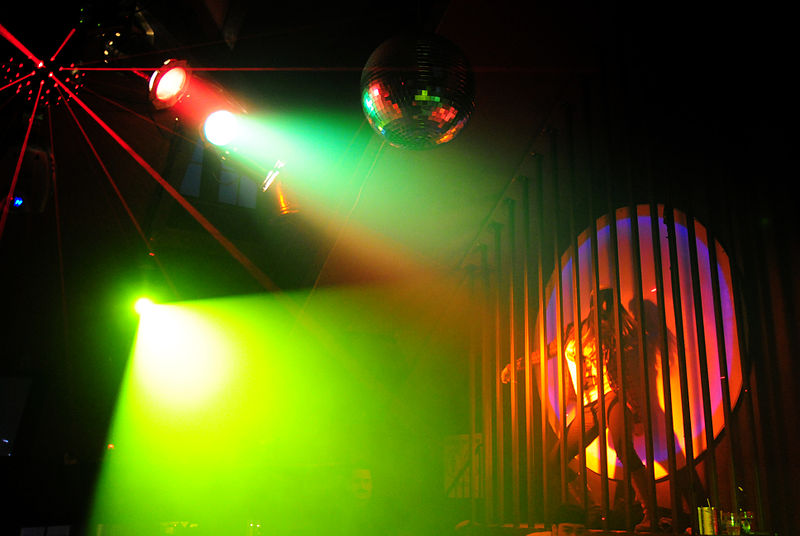Known in some circles as the “bikini bar” bill and in other circles as the “Community Full Disclosure Act,” a new law – – – signed without fanfare by New York’s Governor Andrew Cuomo – – – amends the alcoholic beverage control law to require “disclosure” to the “community” about “bikinis.”
The text of NY A03869 adds a new paragraph to the licensing and re-licensing of establishments serving liquor:
(f) A statement indicating the type of establishment to be operated at the premises. Such statement shall indicate the occurrence of topless entertainment and/or exotic dancing whether topless or otherwise, including, but not limited to, pole dancing and lap dancing, at the establishment.
And further provides that this disclosure, unlike other information, cannot be waived.
Sponsored by a legislator from the New York City Borough of Queens, the reported prompt for the new amendment was a lack of knowledge by the community board recommending a liquor license to a “go-go bar.”
The United States Supreme Court has rendered a series of cases, often with fragmented opinions, involving nude and semi-nude dancing, concluding that it is “expressive conduct, although” it “falls only within the outer ambit of the First Amendment’s protection.” Yet the Court allows this expression to be heavily regulated under the so-called “secondary effects” doctrine, a highly criticized notion that assumes the government is not targeting the dancing or nudity, but instead the “secondary effects” of such expression, such as gambling, prostitution, and other crime. This complicated legal landscape is further discussed in Chapter 2 of Dressing Constitutionally.
Here, presumably the only requirement is “disclosure,” but of course the type of dress worn by the dancers is meant to be a pertinent fact for those making the recommendation and later decision regarding the establishment’s licensing.
[image via]

